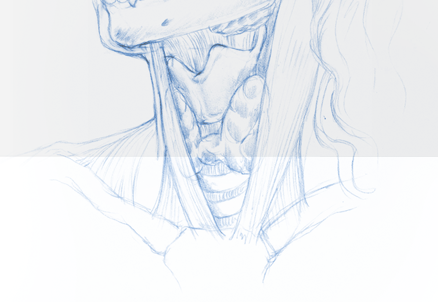Controversies in thyroid cancer management.
- By: Mark Urken, MD
- August 31, 2012 in For Physicians
Not everyone agrees with the clinical decisions that are made in the management of thyroid cancer. The extent of surgery and the use of postoperative radioactive iodine (thyroid remnant ablation) remain quite controversial. The importance of prophylactic removal of lymph nodes is also frequently debated at national and local meetings.
The American Thyroid Association (ATA) publishes clinical practice guidelines (CPG) to assist clinicians in their decision-making processes. These CPGs are updated every two to three years, which reflects the rapid changes that take place in the management of patients with differentiated thyroid cancer. The ATA clinical practice guidelines also are based on varying levels of evidence. The strength of a particular recommendation is based on the quality of the evidence that supports it. Recommendations are divided among those based on solid clinical evidence, those based on fair levels of evidence and those that are based only on expert opinion. As a result, the experts who have been chosen by the ATA often find themselves making recommendations based upon their own personal experience and judgment, rather than on solid clinical evidence.
These inconsistencies underscore the importance of relying on thyroid cancer treatment programs that consistently pursue research to inform them regarding the effective treatment of patients. There is much clinical research that needs to be conducted to achieve solid ground for the management of patients with the disease.

